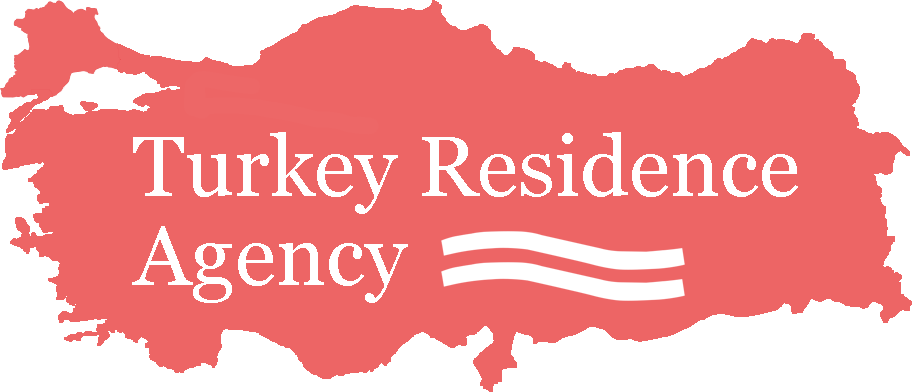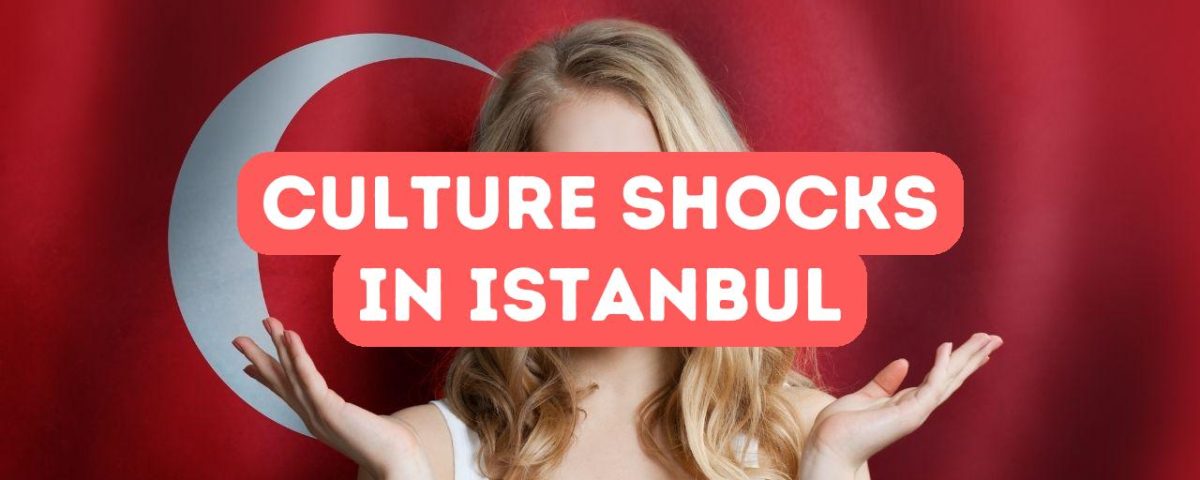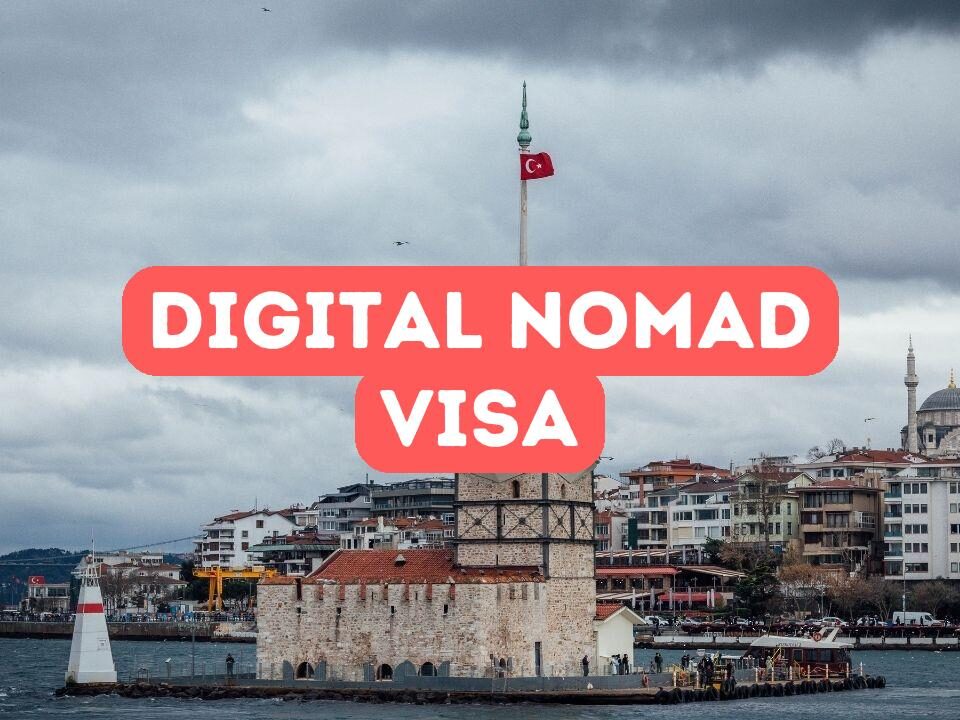Culture Shock for New Residents Staying In Istanbul

Dispute Resolution Mechanisms in Turkey: Options for Residents
March 28, 2024
Expat Voices: Interviews with Long-Term Residents
March 29, 2024Istanbul, a city where East meets West, offers an enchanting blend of history, culture, and modernity that captivates visitors and new residents alike. However, adapting to life in this bustling metropolis can be accompanied by a phenomenon known as culture shock, a common experience characterized by a mix of emotions stemming from the encounter with unfamiliar social norms, practices, and daily life. As new residents find themselves navigating through the intricate mosaic of Istanbul’s ancient traditions and its rapid contemporary urbanization, they often grapple with language barriers, diverse culinary palates, and a multifaceted social etiquette. The initial enchantment with the city’s majestic skyline dotted with minarets and its vibrant streets can give way to a sense of disorientation as newcomers learn to align their expectations with the realities of living in one of the world’s most historically rich yet dynamically evolving cities. Striking a balance between the allure of its past and the pulse of its present, new residents must embrace a journey of adaptation that will ultimately redefine their understanding of home and belonging within the heart of Turkey.
Navigating Tradition and Modernity in Istanbul
Navigating the intersection of tradition and modernity in Istanbul can feel like walking through a labyrinth for new residents, where the ancient rubs shoulders with the cutting-edge on every street corner. The city’s sprawling markets, such as the historic Grand Bazaar, offer a dizzying array of traditional crafts and customs, alive with the same vigor as in centuries past. Meanwhile, sleek shopping malls and business districts boast the latest in global lifestyle and technology, reflecting the city’s economic boom and contemporary aspirations. For newcomers, the challenge lies in grasping the subtle codes of conduct that underpin these parallel worlds: learning when to haggle with the warmth of a local in the bazaar, or when to navigate the corporate culture of the skyscrapers with a professional detachment. Embracing this dichotomy is essential, for it is in the dance between the old and the new that the true rhythm of Istanbul is found, pulsating through the metropolis’ ever-active veins.
Widening the lens to social interactions, the juxtaposition of Istanbul’s communal traditions with individualistic modern tendencies can lead to moments of cultural bewilderment. In some neighborhoods, you might find yourself invited into homes with an open-door generosity that harkens back to a time when communal bonds were the fabric of daily life. Yet, as you traverse the city, you may also encounter a pace of life that echoes the relentless beat of any major global city, where the emphasis on efficiency and personal space prevails. New residents must learn to shift gears rapidly; appreciating the sincerity behind spontaneous invitations for tea and the need for formal appointments in business matters. Straddling these diverse social expectations requires patience and an open heart, preparing newcomers for the rich tapestry of human connections that Istanbul weaves with its every thread of time-honored custom and contemporary convention.
As new residents delve deeper into the cultural fabric of Istanbul, they often discover that overcoming culture shock is not about fully assimilating into one aspect of the city’s dual personality, but rather adapting to its fluid identity. The coexistence of calls to prayer with pulsating nightclub beats, or of aromatic street food beside gourmet restaurants, reflects the metropolis’s ability to honor its heritage while eagerly embracing progress. For the wide-eyed expat, this can mean learning to parse the Turkish language’s intricate levels of formality, or understanding the sacred significance of religious festivals amidst a secular societal framework. Ultimately, the ability to balance respect for the city’s storied past with participation in its dynamic present offers the greatest reward—a sense of place in Istanbul’s ongoing narrative, where every foreign footprint becomes a part of its expansive, multicultural mosaic.
Adjusting to the Melting Pot: Embracing Istanbul’s Diversity
Upon first arrival, the sheer diversity of Istanbul can be both exhilarating and overwhelming for new residents. Venturing beyond the tourist-laden paths, they encounter a labyrinthine sprawl teeming with life: Street vendors call out in a symphony of accents, each neighborhood offering a different ancestral tapestry, from the conservative Fatih to the bohemian streets of Kadıköy. Amidst this melting pot, one must learn to appreciate the complexities of a society stitched together by countless cultural threads. The key to adjusting is openness – trying to learn at least conversational Turkish can be a bridge to deeper connections, while engaging with the local customs and festivals can foster a sense of community. Embracing Istanbul’s diversity means realizing that every smile, gesture of hospitality, or shared cup of çay is a step towards feeling more at home in this cosmopolitan cradle.
The nuances of interpersonal communication in Istanbul often reflect a blend of Oriental subtleties and Mediterranean warmth. New residents may find themselves charmed by the customary cheek-kisses and the frequent invitations to join a neighbor for a rooftop meal, yet puzzled by the indirect refusals and the subtleties of yes which might sometimes mean no. Navigating these social intricacies requires patience and a non-judgmental mindset. Attending local language courses or cultural workshops can be invaluable, not just for the linguistic skills acquired, but for the insights into the unspoken cues that govern social interaction. This cultural fluency allows new residents to perceive the city’s rhythm, an essential step in moving beyond the role of a spectator to that of an active participant in the vibrant tapestry of Istanbul life.
In the journey of cultural acclimatization, the key lies within the local communal life where neighborhood bonds shape daily existence. Newcomers who immerse themselves in the communal practices—from the weekly clamor of local bazaars to the tranquil interludes at public baths—begin to carve out their niche within Istanbul’s multifarious society. Seasonal festivities and religious observances offer profound insights into the core values of Turkish culture, inviting participation that transcends mere observation. Gradual involvement in these shared experiences builds a tapestry of relationships and an understanding of cultural subtleties. This active engagement with Istanbul’s diverse cultural landscape is the crucible in which strangers transform into neighbors, bridging the initial divide prompted by culture shock, and laying down the foundation for a new sense of home amidst the rich paradoxes of Istanbul.
Overcoming Initial Hurdles: The New Resident’s Guide to Istanbul
As the initial awe of Istanbul’s grandeur begins to settle, new residents are often met with unforeseen challenges that test their resilience. The bustling bazaars and vibrant thoroughfares, once mesmerizing, may now seem daunting as newcomers face the task of learning to communicate in Turkish – a language rich in expressions and nuances that can be bewildering for the uninitiated. Even mundane activities like grocery shopping or catching public transport can feel like navigating through a labyrinth, where the unspoken rules of engagement appear as cryptic as the city’s winding alleys. Armored with patience and a sense of humor, embracing the city’s rhythm becomes the first significant step in overcoming the initial hurdles. Indeed, success in Istanbul begins with surrendering to its pace, learning to appreciate the kindness behind a shopkeeper’s smile, and finding solace in the city’s remarkable ability to fuse the marvels of its ancient roots with the conveniences of modern living.
Moreover, adapting to the eclectic tastes of Turkish cuisine may prove to be a surprising hurdle for new inhabitants. Accustomed to the familiar flavors of home, the transition to a diet rich in spices, herbs, and an array of meats and pastries can overwhelm the palate. Yet, this presents an opportunity for cultural immersion and culinary exploration. Seasoned expatriates recommend starting with a sampling of iconic dishes such as kebabs, mezes, and baklava, gradually acclimatizing to the diverse flavors while also learning to navigate the social customs that surround food, like the importance of sharing meals and the customary offering of tea or Turkish coffee following dinner. Establishing a rapport with local vendors and frequenting neighborhood lokantas (eateries) can foster community ties and unveil the depth of Istanbul’s hospitality, turning food into a bridge that connects cultures and softens the bite of culture shock.
In the long run, the journey to adapt transcends the initial cultural jolts and evolves into a deeply enriching experience. It is through the daily interactions, the shared laughter in bustling tea gardens, and the exchanges of Merhaba with neighbors, that the heart of Istanbul slowly unravels to the newcomer. Learning the language, while challenging, becomes less of an obstacle and more of an adventure as each word learned is a key unlocking deeper connections and a richer understanding of the culture. Moreover, participation in local festivities and embracing the city’s myriad of historical and contemporary offerings can catalyze a sense of inclusion. Seasonal traditions, from the spiritual ambiance of Ramadan to the colorful celebrations of national festivals, offer unique moments to bond with the community and behold the city’s ability to honor its past while dynamically shaping its future. Ultimately, integrating into Istanbul’s fabric entails a mosaic of small victories that, woven together, form a vibrant tapestry of belonging in this unparalleled metropolis.




